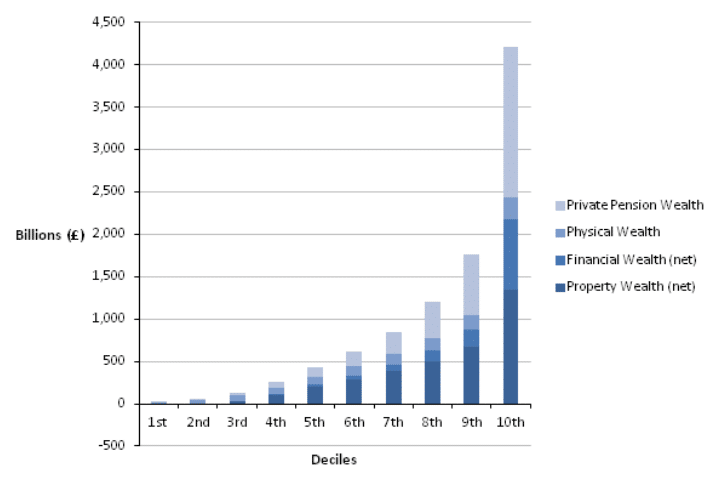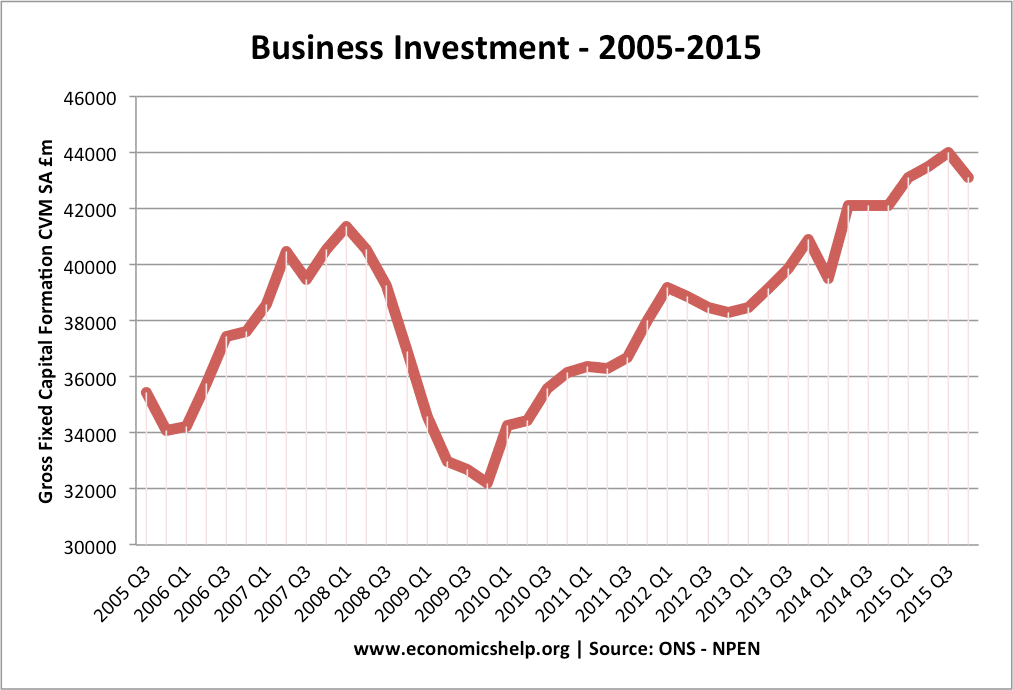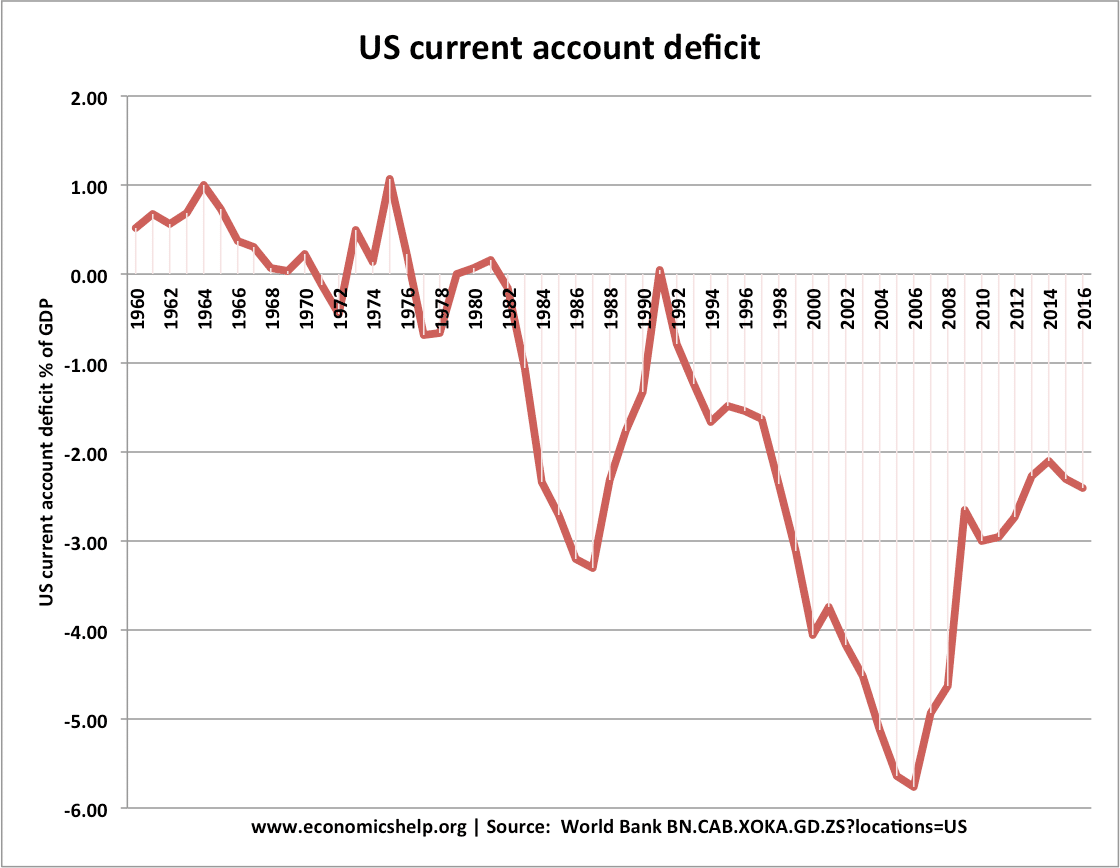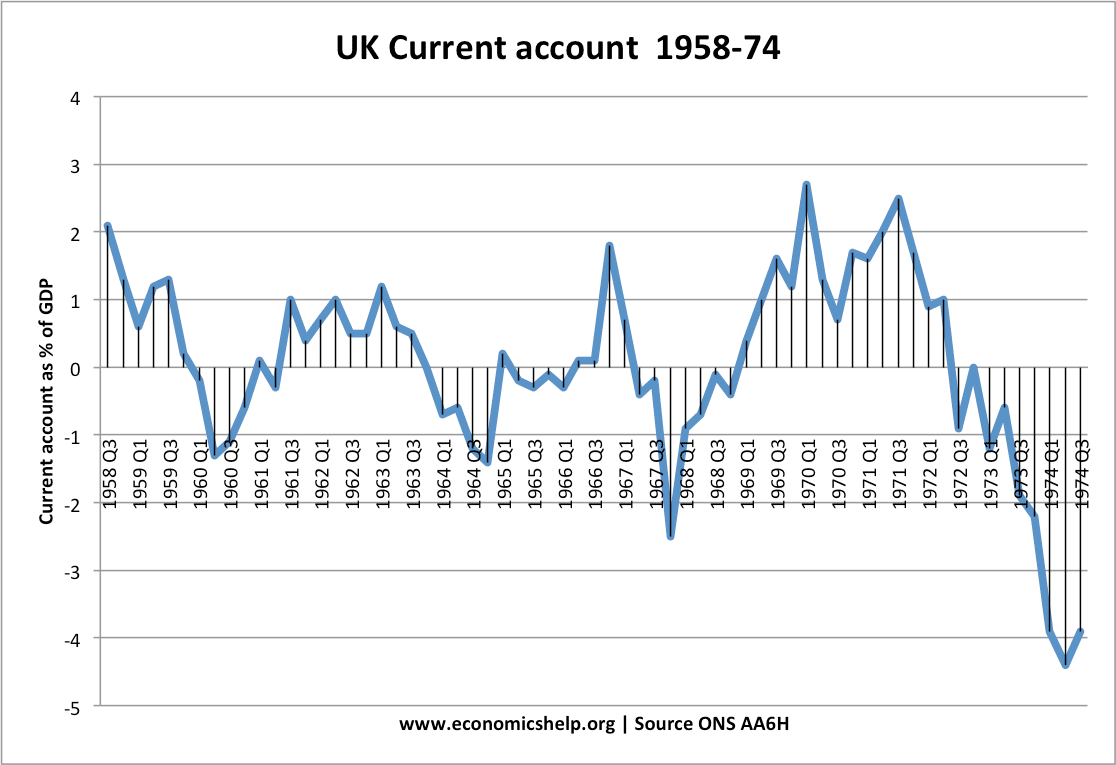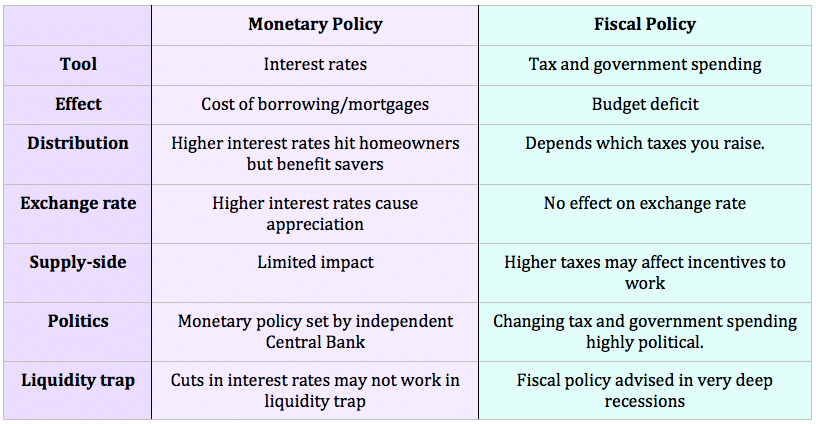Does government debt lead to lower economic growth?
Readers Question: To what extent are higher government debt levels a constraint on economic growth? There has been much debate about the extent to which high levels of government debt might slow down rates of economic growth. In particular, a 2010 paper “Growth in a Time of Debt,” by Carmen Reinhart and Kenneth Rogoff seemed …

